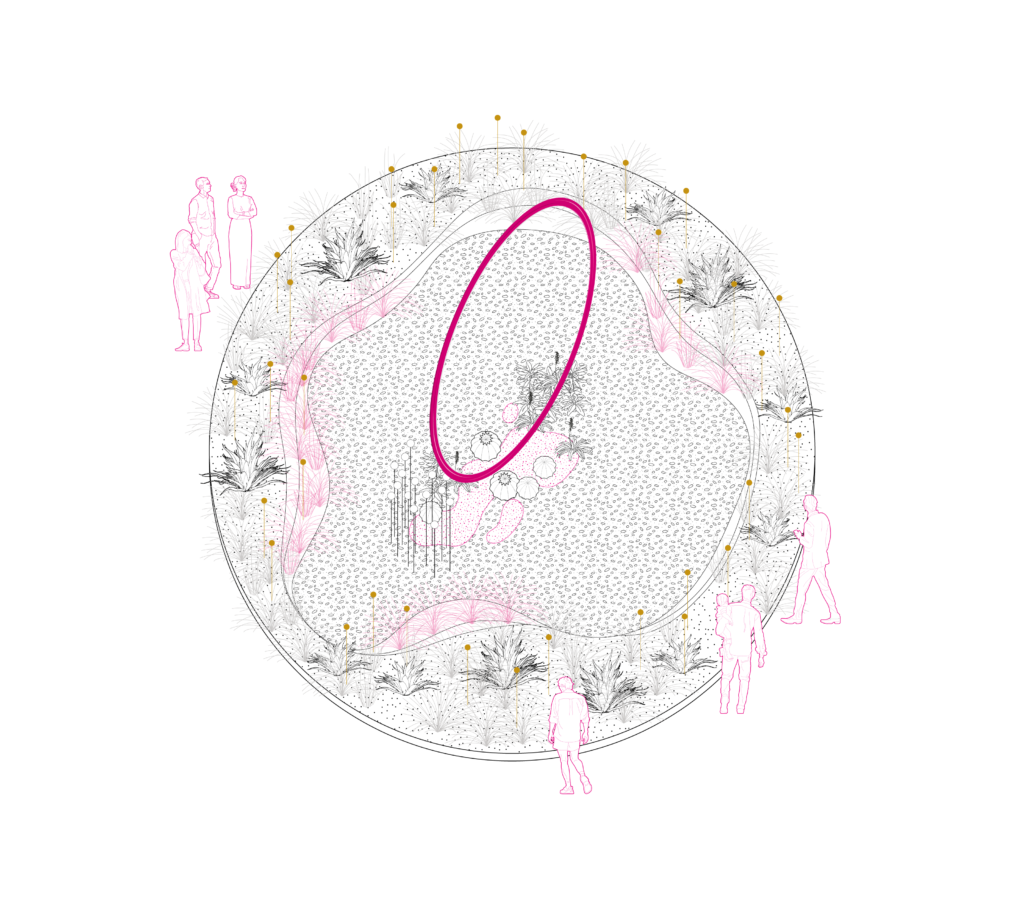 En
En
- Festival
- V edition
- Botanical Park
- Previous editions
- Activity
- Grand Opening – May 17, 2025
- Presentation of the 5th edition
- Salone del mobile – 11 aprile 2025
- Presentation: The Garden of Plants, at Librerie Cavallotto
- Garden in Movies
- Presentation of the 5th edition
- Call for Volunteers 2024
- Open2024
- Il Palmeto – The Palm grove
- Call for Ideas 2024
- Garden Appointments
- Taking garden design inspiration from the wild landscape of Sicily
- Call for Volunteers 2023
- Call for Ideas Keep Alive fhe Sense of Wonder
- Plan your visit
- Press Area
 En
En
- Festival
- V edition
- Botanical Park
- Previous editions
- Activity
- Grand Opening – May 17, 2025
- Presentation of the 5th edition
- Salone del mobile – 11 aprile 2025
- Presentation: The Garden of Plants, at Librerie Cavallotto
- Garden in Movies
- Presentation of the 5th edition
- Call for Volunteers 2024
- Open2024
- Il Palmeto – The Palm grove
- Call for Ideas 2024
- Garden Appointments
- Taking garden design inspiration from the wild landscape of Sicily
- Call for Volunteers 2023
- Call for Ideas Keep Alive fhe Sense of Wonder
- Plan your visit
- Press Area
Inviolabile Amuranza
This garden expresses a lush vitality; it attracts but results impenetrable. Its form is not dictated by human ergonomics or aesthetic pleasure; it is rather a complete and complex vegetal system, where man’s presence is superfluous. Man is indeed only a spectator: under the illusion that he can have access to the garden and comprehend it, he perpetually walks its perimeter, without ever being able to reach it.
The garden consists of a few essential elements: it has a circular shape and sufficient size to keep visitors at a distance, yet intrigue them with different, somewhat hermetic views of what it contains. A dense carpet of soft golden grasses and spiky agaves defends the center of the garden. Here, from the black volcanic soil, rises a large bright pink circle, at the base of which grow plants that echo its colour. The central artificial element symbolizes the human need to enclose in our limited knowledge the plant world, which we are far from owning, still mysterious and on which we are completely dependent. The wind, an essential element of the landscape, participates in the composition by moving the perimeter essences. As the sun sets, the circle, illuminated, continues to assert its presence; small dots of light blend in among the grasses and give life to an evocative nocturnal landscape.
Excluded from the physical space, the visitor accesses a mental space where he reevaluates the plant world, which here is taking over: it dictates the architecture, it draws in, yet denies access, it remains dominant and indecipherable despite man’s vain attempts to impose his own order. The only possible action remains to ask: what does the circle represent? Does it imitate the color of the surrounding plants or the other way around?
I would like my garden to be, besides an expression of beauty, a space of experience and culture, a motivator of knowledge and innovation. It is time to re-establish the right balance in our relationship with plants and approach them with humility, respect and “amuranza”: only by understanding their intelligence can we aspire to unexpected future discoveries.



